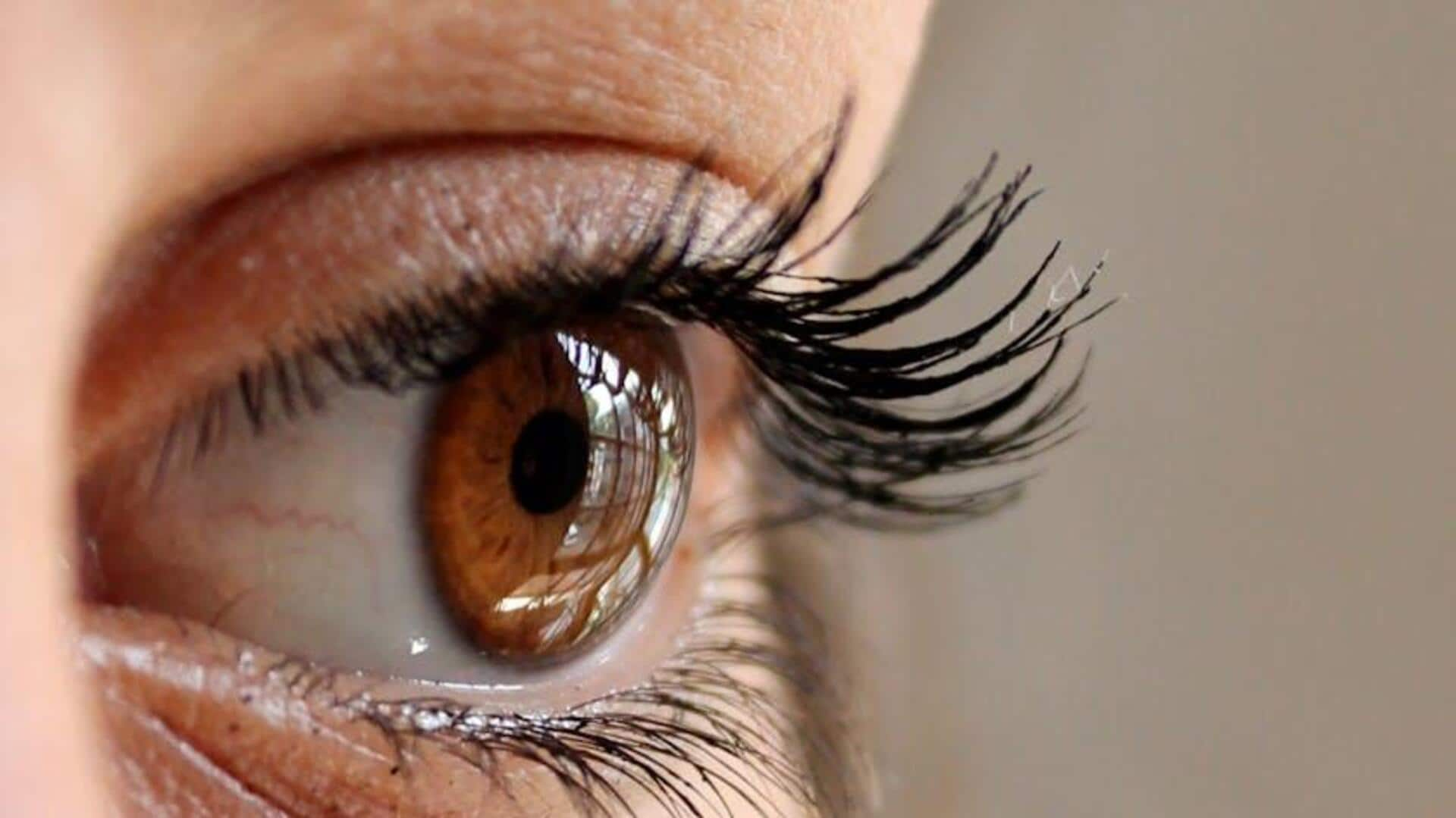
5 eye health myths you should stop believing
What's the story
Eye health is a vital component of general well-being, however, several myths continue to prevail about how to keep it in check. These misconceptions can either cause undue stress or even result in ignoring the right practices for eye care. By busting these common myths, you can make smart choices for your eye health and ensure that you're doing the right things to safeguard your vision for the long haul.
Dim light myth
Myth: Reading in dim light ruins eyesight
A common belief has been that reading in dim light can permanently damage your eyesight. While it may cause temporary eye strain or discomfort, there isn't any evidence that it leads to long-term damage. The eyes may feel tired after reading in low light, but this doesn't result in any permanent harm. Ensuring adequate lighting while reading can help reduce strain and improve comfort.
Carrot myth
Myth: Carrots are the best for vision
Carrots are often touted as the ultimate food for improving vision since they contain vitamin A. Though vitamin A is critical for good eye health, carrots aren't the only source. Leafy greens like spinach and kale provide critical nutrients such as lutein and zeaxanthin that help support a healthy vision. A balanced diet with plenty of fruits and vegetables is the key to optimal eye health.
TV distance myth
Myth: Sitting too close to TV damages eyes
Many people believe that sitting too close to a television screen will harm their eyes. But there's no scientific evidence supporting the claim. Sitting close might cause temporary discomfort or eye strain but not lead to permanent damage. Modern screens emit less radiation than older models, further reducing any potential risk.
Glasses weakness myth
Myth: Wearing glasses weakens eyesight
Some people believe that putting on glasses will weaken their eyesight over time by making the eyes reliant on them. In fact, glasses help correct refractive errors (such as nearsightedness or farsightedness) but do not change the physical structure of the eyes themselves. Regular use of prescribed eyewear improves your vision clarity without making it worse.
Exercise effectiveness myth
Myth: Eye exercises improve vision permanently
The myth that eye exercises can fix your vision permanently has no scientific backing. These exercises don't fix refractive errors such as myopia or hyperopia without medical interventions like glasses or surgery. Instead of blindly following unverified online sources promising a quick fix, it's better to seek professional advice from an optometrist or an ophthalmologist for individualized care.